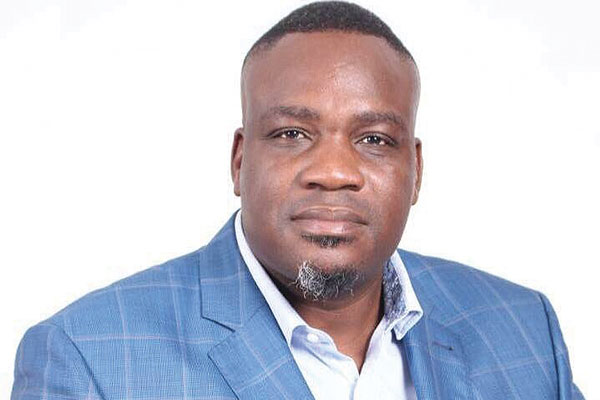
BY MIRIAM MANGWAYA OPPOSITION Citizens Coalition for Change (CCC) is hoping to counter State-controlled media bias by initiating a DStv channel ahead of the 2023 polls.
But indications are that government will most likely block the move.
CCC secretary-general Charlton Hwende is lobbying citizens to launch, ahead of the 2023 general elections, an alternative television station on DStv, a Sub-Saharan Africa direct broadcast satellite service owned by MultiChoice.
Private media players in the country have been struggling to get broadcasting licences, while critics say those who got licences are somewhat sympathetic to the ruling Zanu PF party.
The CCC party, led by Nelson Chamisa has often accused the State media, particularly ZBC, of bias in favour of Zanu PF.
“To launch a truly independent channel on DStv channel you need monthly fees of around US$8 000,” Hwende said during a Twitter space discussion.
“Let’s do it Zimbabwe — we are left with only 12 months before the election, and so we need US$96 000 and we free the airwaves,” he said.
Information ministry secretary Nick Mangwana, however, responded: “Political parties can’t be given a broadcasting licence in Zimbabwe. The agreement with MultiChoice is that they can only carry licensed broadcasters in our jurisdiction. So guys the US$96 000 is your money, you can give it if you wish, but there will be no channel.”
- Chamisa under fire over US$120K donation
- Mavhunga puts DeMbare into Chibuku quarterfinals
- Pension funds bet on Cabora Bassa oilfields
- Councils defy govt fire tender directive
Keep Reading
CCC accuses the State media of abdicating its constitutional mandate of providing equal and fair coverage to all political parties.
Section 155 of the Constitution compels State media to provide all political parties and candidates contesting an election fair and equal access to electronic and print media, both public and private.
Zanu PF political commissar Mike Bimha recently advised CCC to use social media to reach out to its supporters because ZBC was not the only campaign platform.
Lawyer Tawanda Mapuranga said although political parties were not allowed to run broadcasting stations, government was obligated to ensure the independence of the public media.
“There is even a High Court order that compels the State-controlled media to exercise impartiality and independence in both their broadcast and editorial content. Politicians cannot remain quiet when ZBC is doing biased reporting. They should challenge the issue. They can sue the public media for failing to comply with the court ruling,” Mapuranga said.
Government through State media has been accusing civil society organisations (CSOs) of working in cahoots with Western governments to push a regime change agenda.
In a statement yesterday, Crisis in Zimbabwe Coalition (CiZC) implored the State media to stick to its mandate of providing relevant information to the public.
“As of late, the state-controlled media has been publishing a predictable pattern of defamatory propaganda articles that allege that CSOs under the banner of the Crisis in Zimbabwe Coalition are seeking to destabilise and topple the government,”CiZC spokesperson Obert Masaraure said.
“For the record, the Crisis in Zimbabwe Coalition is a body drawing membership from across the church, labour, women, youths, students, farmers, war veterans, the informal sector, formal business and social movements working broadly to see a democratic and economically developed Zimbabwe.”
One of the top 10 priority recommendations by the European Union election observer mission is that government should reform the State-owned media to fully guarantee their independence and impartiality to enhance credibility of polls.
- Follow us on Twitter@NewsDayZimbabwe










